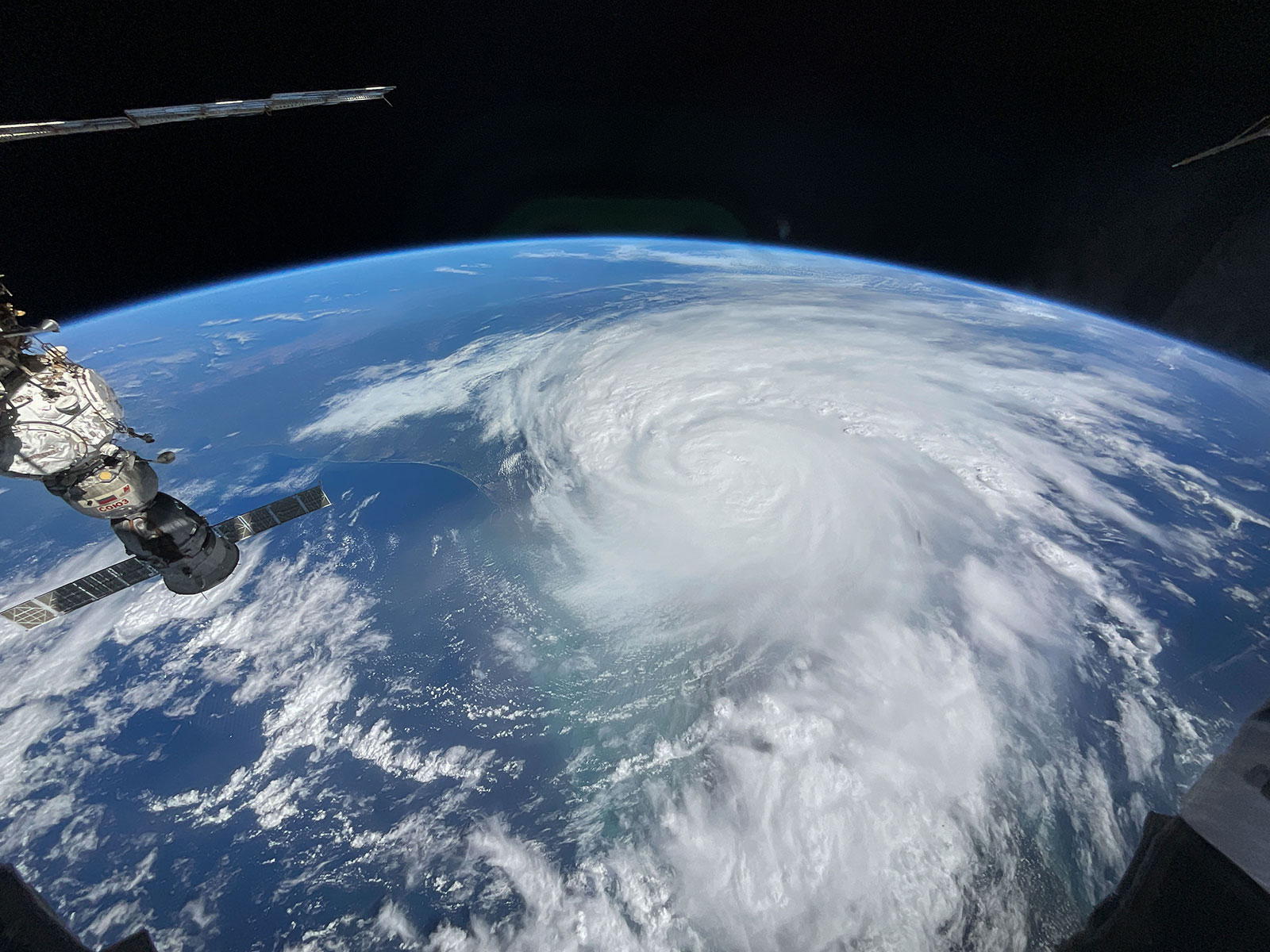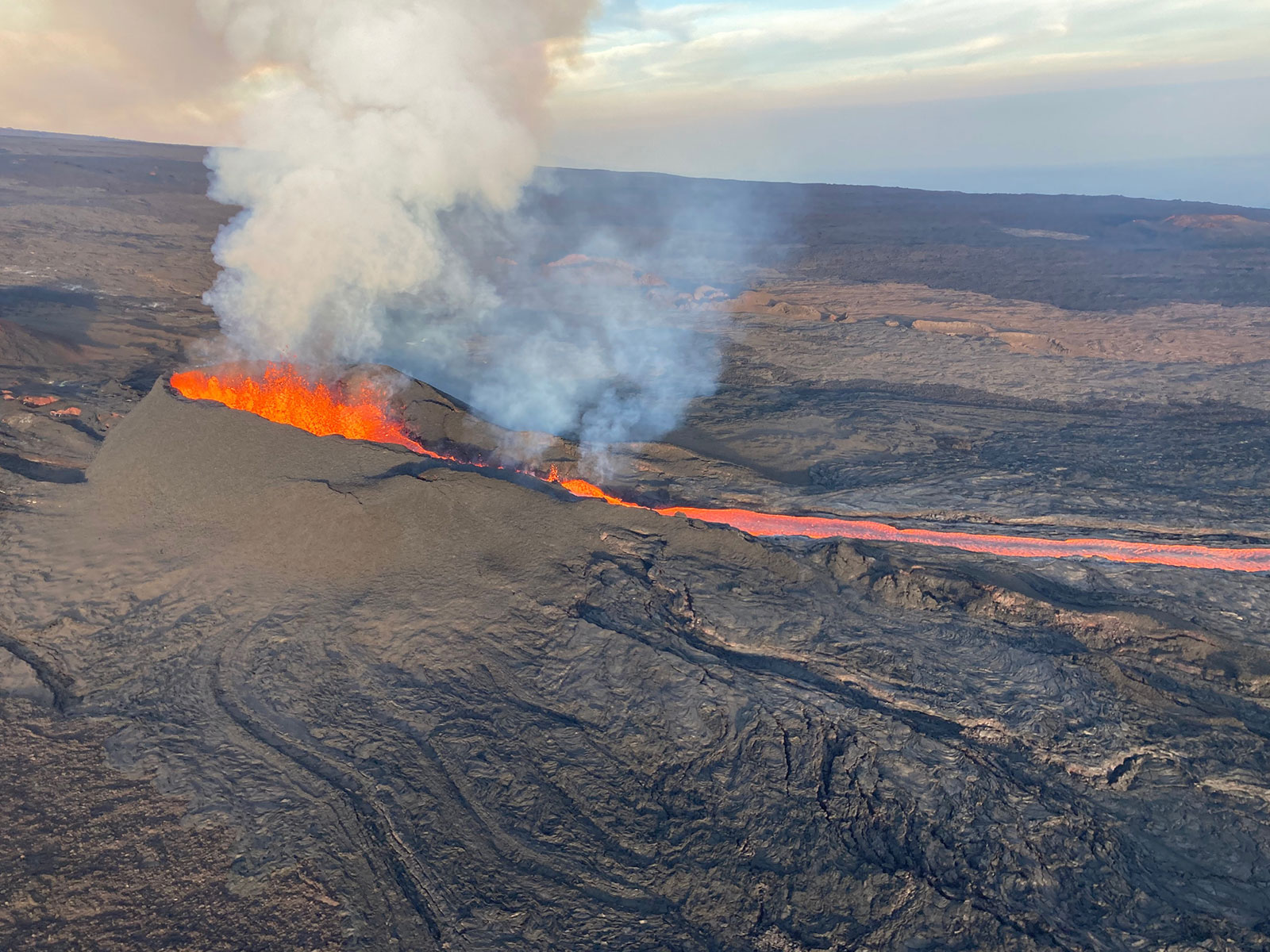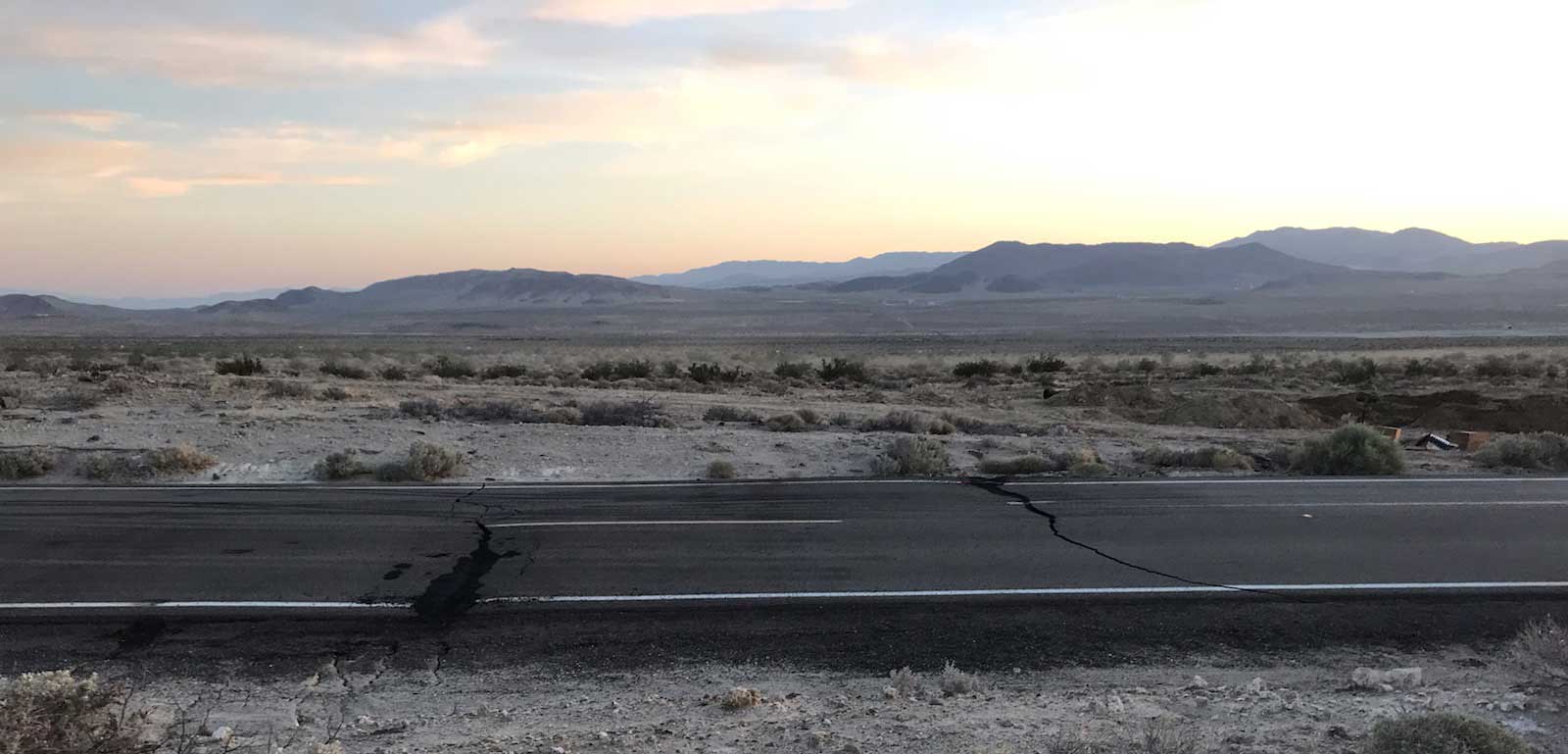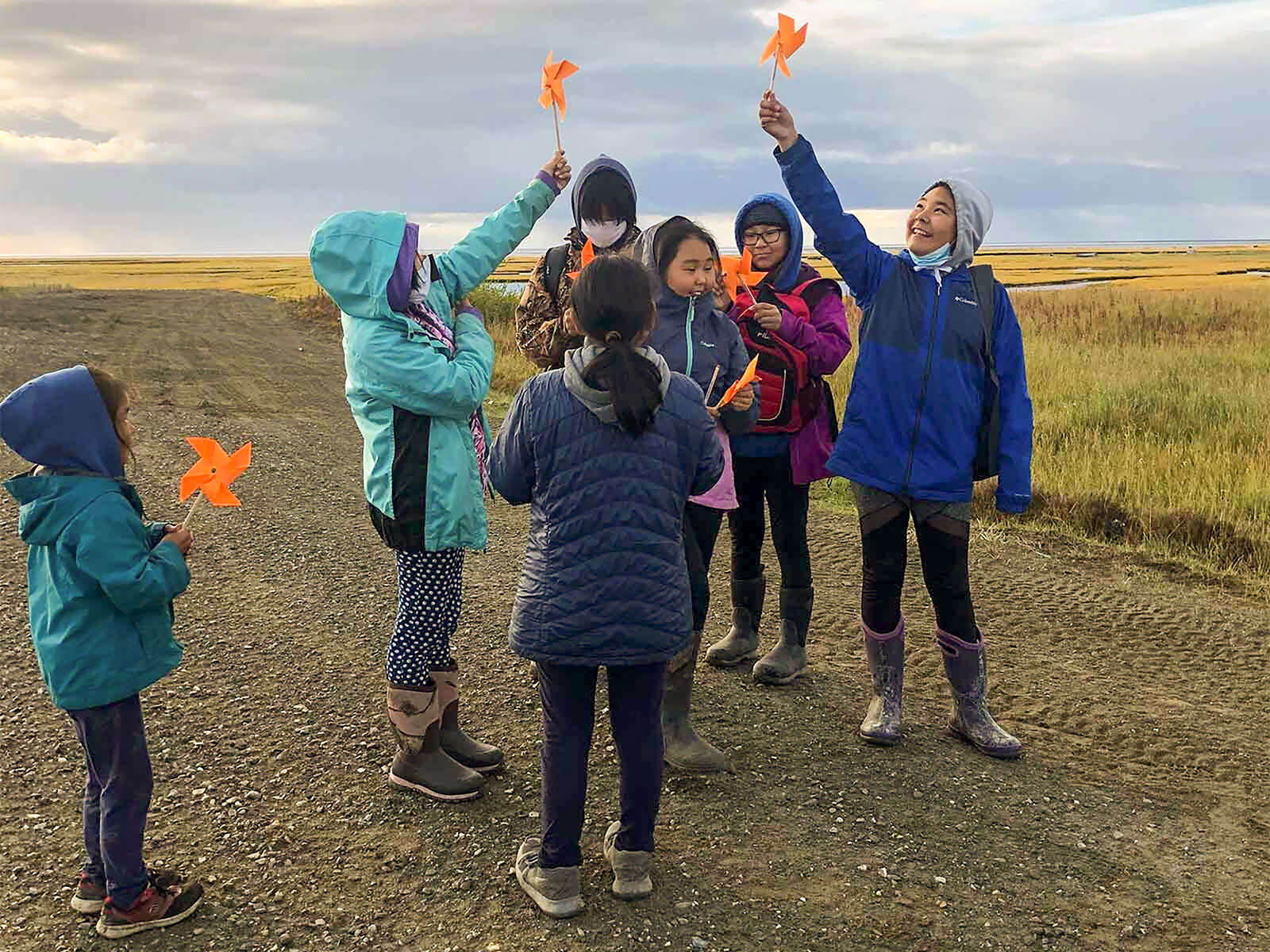Advancing Public Literacy of Uncertainty in Science (APLUS)
Importance
North Atlantic storms—such as hurricanes and nor’easters—disrupt lives and impose significant financial burdens on coastal communities. More than 20 storms of each type can form annually, with several causing major damage along the coast and inland. Residents in affected regions rely on forecasts to assess risk and decide on protective actions.
Today, the public has unprecedented access to real-time storm data and forecast information. Beyond traditional news outlets, people monitor minute-by-minute changes and exchange information through social media. Forecasts often include probabilistic visualizations—such as cones of uncertainty and spaghetti plots—that communicate storm trajectories and potential impacts. However, these visualizations are notoriously difficult for most adults to interpret, largely because they do not specify the exact time and location of where a storm will make landfall.
The Advancing Public Literacy in Uncertainty in Science (APLUS) project aims to improve public understanding of storm forecasting uncertainties through a simulation-based experience. APLUS seeks to reframe public perceptions of uncertainty—shifting it from being seen as a source of doubt to being understood as an essential component of the scientific process. This shift will support improved risk assessment and help reduce misinterpretation of probabilistic storm forecasts.
The project will develop the North Atlantic Storm (NAS) Explorer, an interactive simulation that allows adult participants to investigate environmental factors shaping storm paths and generate forecasts for real-world storm scenarios. By experimenting with the simulation through changing parameters, participants will gain firsthand insights into the uncertainties inherent in storm forecasting.
APLUS will measure participants’ uncertainty literacy in Atlantic forecasting, focusing on three areas: (1) interpreting probabilistic storm visualizations, (2) attributing uncertainties to the forecasting process, and (3) perceiving risks conveyed by these visualizations.
Research
The project will be guided by the following research questions:
- What is the state of adult participants’ uncertainty literacy in Atlantic forecasting?
- How do adult participants interact with and engage in the simulation forecasting experience?
- What impact does the simulation-augmented forecasting experience have on adults’ uncertainty literacy when encountering weather authorities’ forecasting information?







